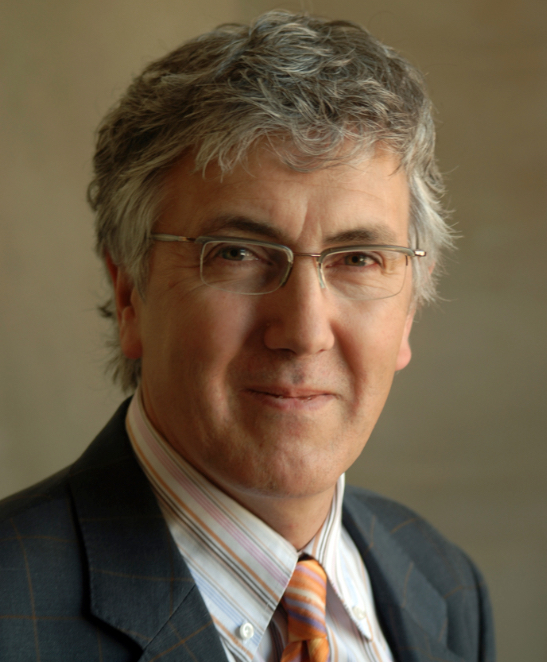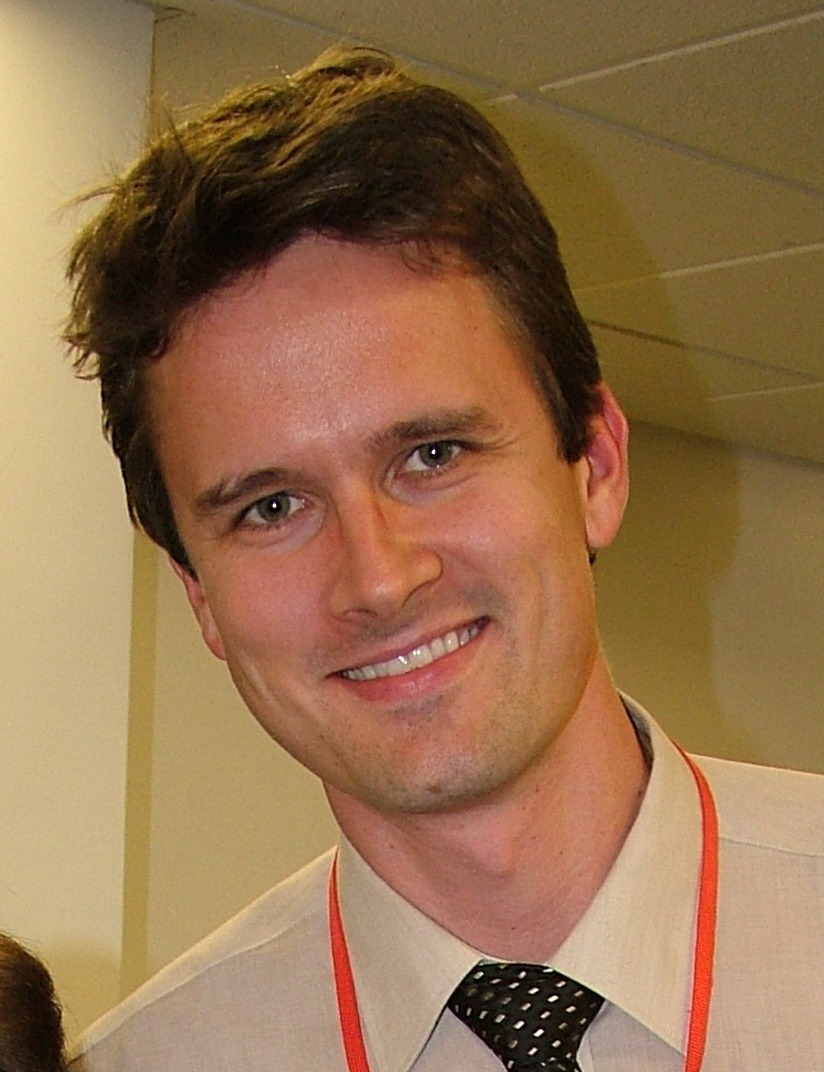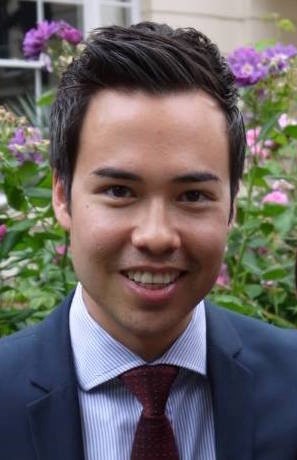The Advances in Coronary Physiology courses provide physicans, and allied healthcare professions with a detailed overview of the rationale for the use of coronary physiology in the cathether laboratory.
The course aims to provide a state-of-the-art program delivered by the leading speakers in the field from all around the world. Each speaker addresses a real-world problem or dilemma by using case examples to explain and justify the rationale for understanding and decision making. The latest clinical trial and mechanistic evidence underpins all of the talks and provides evidence based explanations to understand coronary physiology. If you want to get a feel for one of our previous courses please click here. The course also involves live case demonstrations of state-of-the-art techniques.
Join us for an upcoming courses:-
March 7-8th 2016, ETC Venues, Marble Arch, London, W2 2EA.
June 6-7th 2016, ETC Venues, Marble Arch, London, W2 2EA.
September 12-13th 2016, ETC Venues, Marble Arch, London, W2 2EA.

Dr Justin Davies is a leading clinical academic in the field of interventional cardiology. Based as a consultant interventional cardiologist at Hammersmith Hospital, part of Imperial College Healthcare NHS Trust London, he has pioneered the development of several new clinical techniques from bench top to the clinical catheter laboratory. Most recently these technological breakthroughs include iFR (instant wave-free ratio) and iFR SCOUT both of which make use of a better understanding of coronary haemodynamics. Together with improved sensor and microprocessor technology, iFR allow for the first time the evaluation of the severity of a coronary stenosis without the need for administration of powerful vasodilator drugs.
Although currently a practicing interventional consultant cardiologist, Justin’s science training was a doctorate in fluid dynamics and computational programming. This led to the development of analysis techniques such as coronary wave intensity analysis and the wave-reservoir theory both of which are increasingly used in research studies. In his post-doctoral days he has continued to work on the development of mathematical algorithms to aid understanding of large artery physiology and to develop new tools to assess arterial disease.
The holder of 15 patents, he has published widely in the field of hypertension, coronary and large artery physiology and is the winner of many national and international awards. He has several international collaborations, and is the developer of iFR and the co-principal investigator of the ADVISE studies, the DEFINE-FLAIR, and ORBITA studies.
Justin has an interest in renal denervation, and has lead first-in-man studies to evaluate the safety of this technique to patients with chronic systolic heart failure (REACH studies) and hypertension.

Prof Javier Escaned MD PhD FESC is Consultant Interventional Cardiologist / Associate Professor and Head of Section, Cardiology Department, Hospital Clinico San Carlos (Madrid, Spain).
He trained as a cardiologist the United Kingdom (Queen Elizabeth University Hospital, Birmingham and Walsgrave Hospital, Coventry) before moving to the Thoraxcenter / Rotterdam (The Netherlands), where he obtained his PhD degree in 1994.
Author of more than 200 scientific articles, books and book chapters on different aspects of interventional cardiology, imaging and physiology, his latest contribution is the textbook “Coronary Stenosis. Imaging, Structure and Physiology”, co-edited with Patrick W Serruys. He is currently co-director or EuroPCR. Some of his additional interests are philosophy, education and music.

Dr Sayan Sen is a Cardiologist and NIHR Clinical Lecturer at Imperial College London.
His research interests are dedicated to improving patient care. As such, they include the development and validation of new diagnostic tools, determining how the design of comparative efficacy studies can affect clinical use of competing therapies and the development and application of tools that permit a more patient centered approach to therapy.
He studied Medicine at University College London (UCL), achieving a First Class (Honours) Bachelor of Science degree in Medical Sciences & Neuroscience in 2000 and graduated with distinction (Surgery) in his final MBBS Examinations in 2003. He trained as a junior doctor on the Hammersmith and UCL medical rotations prior to being appointed as a Cardiology Specialist Registrar in the North West London region in April 2006 and a NIHR clinical Lecturer in 2013.
In 2009, he was awarded the prestigious MRC Clinical Research Training Fellowship to study the haemodynamic changes in coronary artery bypass grafts, diseased coronary arteries and the haemodynamic changes associated with percutaneous aortic valve insertion. His work involves close collaboration with the bioengineering department at Imperial College and the MRC Clinical Sciences Centre. His research has been presented at the leading cardiology conferences around the world.
One of the themes of his research is to determine the need for potent vasodilators when assessing coronary stenosis severity. Working with Dr Justin Davies, Dr Sen’s PhD introduced and developed a new technique of stenosis evaluation (the instantaneous wave-free ratio, iFR). He is the first author of ADVISE and CLARIFY – two investigator lead studies that demonstrate the potential of iFR and challenge current concepts of coronary physiology.
Currently, in addition to being the Principal Investigator of several first in man physiological studies, he is also the Medical Director of the DEFINE-FLAIR – a global multi-centre randomized study comparing iFR to existing techniques.
Dr Sen’s most recent academic awards include the Royal Society of Medicine Investigator of the Year Award (All Sections, 2013), the Royal Society of Medicine President’s Gold Medal (Cardiology section, 2013), the prestigious Imperial College Armstrong Medal and Prize (2012), the Young Investigator Award at the British Cardiac Intervention Society Advanced Coronary Intervention meeting (2012), and the Young Investigator Prize at the Translating Coronary Physiology and Biophysics to Clinical Applications Symposium, Amsterdam (2010). He was shortlisted as a Young Investigator Finalist at the British Hypertension Society and Artery meetings (2010).

Iqbal Malik is an Honorary Senior lecturer at Imperial College London, and Consultant Interventional Cardiologist at Hammersmith and St Mary’s Hospitals. His research interests are in complex coronary disease and structural heart disease.
He qualified from Cambridge University with a 1st Class degree, and then moved to Guys Hospital, London, winning the Golding Bird Medal as an undergraduate. He trained in Medicine and then Cardiology, before completing a PhD at Imperial College London, looking at the role of Inflammation in Coronary Artery Disease. He was awarded a BHF junior research fellowship for 3 years.
He was appointed as a Consultant in 2003, having completed sabbaticals in Italy and Germany to hone his skills in Structural Heart Disease. He is clinical lead for the care of acute coronary syndromes and Structural Heart Disease at Imperial College Healthcare NHS trust, including the Transcatheter Valve (TAVI) and Septal Defect Closure programs.
He has been involved with Simplephysiology since the inception of the concept of iFR as a way to simplify the use of coronary physiological assessment. His meticulous verification of data with the more complex technique of coronary flow measurement, has allowed validation of the science behind iFR. Starting from normal arteries, simple and complex native coronary lesions, and bypass grafts, the group has now studied the effects of hemodynamic support device such as balloon pumps and Impella devices on coronary physiology. Next is the unique opportunity to assess the effect of immediate removal of aortic stenosis using TAVI!

Dr Sukhjinder Nijjer is an Interventional Cardiology Registrar and NIHR Academic Clinical Fellow at the Hammersmith Hospital. He has completed his PhD with the support of the highly prestigious Medical Research Council Clinical Research Fellowship at the National Heart and Lung Institute, Imperial College.
He graduated from University of Bristol with 15 distinctions, two scholarships and many prizes including the Romeo Vecht Prize in Cardiology and the Hans Heller Memorial Prize for his intercalated BSc. He is the author of many peer-reviewed publications and text books and has presented at major international conferences, winning prizes at TCT-AP. Most recently he has been runner-up for Young Investigator of the Year competitions held by the Academy of Medical Sciences, Royal Society of Medicine and the British Cardiovascular Intervention Society.
His particular interest in coronary physiology has been how it can help guide coronary intervention by specifying the individual contribution of a given stenosis. Sukhjinder has used a combination of pressure and flow velocity data to describe the changes in both flow and pressure after stenting. Together with the results of largest human coronary pressure-flow library (the IDEAL Study) and the application of flow modelling, Sukhjinder has worked to develop models that can predict the haemodynamic effects of stenting. His work on iFR, iFR-Pullback and Virtual-PCI suggests physiology can be used to identify appropriate stenoses and predict the haemodynamic results of stenting. Such an advance has potential in changing the way coronary intervention is performed.

Dr Ricardo Petraco is a Clinical Lecturer in Interventional Cardiology at the International Centre for Circulatory Health and National Heart and Lung Institute at Imperial College London.
Dr Petraco graduated from The Federal Faculty of Medical Sciences (FFFCMPA) and undertook his junior General Medical Training at the Santa Casa University Hospital in Porto Alegre, Brazil. He came to the UK in 2006 to start his higher specialist training in Cardiology.
Throughout his career, Dr Petraco has been a high achiever on clinical and academic grounds. As an undergraduate, he was awarded two Scientific Initiation Scholarships by the National Research and Technology Council (CNPq, Brazil). In the UK, he worked as a junior Research Fellow at the Royal Brompton Hospital, in the Adult Congenital Heart Unit under Professor Gatzoulis. He helped to identify markers of poor prognosis in adult patients with congenital heart disease.

Rasha Al-Lamee is an Interventional Cardiologist and Clinical Research Fellow working at Imperial College Healthcare NHS Trust in London (UK) and the National Heart and Lung Institute, Imperial College London.
Rasha studied Medicine at Oxford University and University College London and graduated in 2002 with Honours. She completed the Barts and the London general medical rotation and went onto to be appointed as a Cardiology Specialist Registrar on the North West London training rotation.
She was trained in Interventional Cardiology at the Hammersmith Hospital and completed an international fellowship at San Rafaelle Scientific Institute and Columbus Hospital, Milan, under the mentorship of Professor Antonio Colombo from 2009 to 2010. She obtained the Certificate of Completion of Training in cardiology in 2013.
Her interests are complex coronary intervention and the percutaneous treatment of structural heart disease. She is trained in intravascular imaging and physiology and has a number of peer-reviewed publications in Interventional Cardiology.

Dr Christopher Cook is a NIHR Cardiology Academic Clinical Fellow at the International Centre for Circulatory Health and National Heart and Lung Institute at Imperial College London.
He studied Medicine at University College London (UCL) and graduated with Distinction (Clinical Medicine and Clinical Sciences) in his final MBBS Examinations in 2009. He achieved a First Class (Honours) Bachelor of Science degree in Physiology undertaking a period of research at The Hatter Cardiovascular Institute. He was awarded ‘The Dean’s List’ for outstanding performance in the Faculty of Life Sciences. In total he was awarded 17 prizes including the prestigious Gold Medal Medicine (proxime accessit).
In 2013 he was awarded a second prestigious academic fellowship in his current role as a NIHR Cardiology Academic Clinical Fellow at the National Heart and Lung Institute at Imperial College London. In 2014 he was awarded the Imperial Valve and Cardiovascular Course Young Investigator Prize, and 2015 Best Abstract at EuroPCR. His research interests include coronary haemodynamics and the role of the collateral circulation in multi-vessel coronary artery disease.
This educational activity is intended for an international audience, specifically interventional cardiologists and cardiologists. However, other healthcare professionals involved in the care of coronary artery disease (CAD) patients will also find this topical.
The course is supported by an unrestricted education grant from Volcano-Philips.